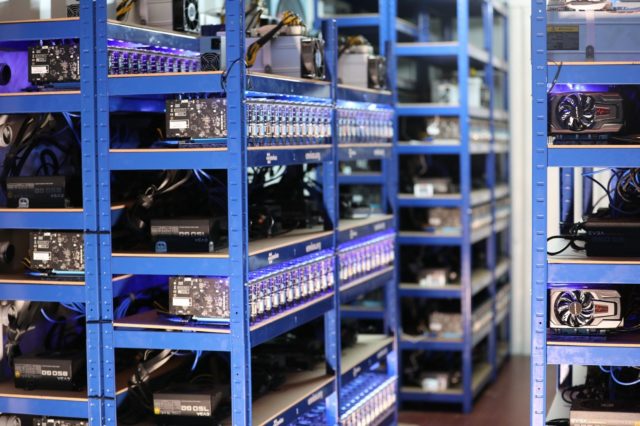
2019-12-31 20:16 |
With the dry season approaching, Bitcoin miners in China’s Sichuan province may be forced to reduce their electricity consumption. Prioritizing Communal Electricity Needs Over Crypto Miners According to Asia Times, authorities in Sichuan Province, China, are reportedly leaning on Bitcoin miners to cut down electricity consumption. This news comes amid the dry season in Southwest China which usually lasts until April. During the dry season, Sichuan Province experiences electricity shortfalls as the region’s main power supply comes from hydroelectric sources. Sources at the local government say authorities expect a 30% increase in electricity demand by domestic households over the previous dry season. Thus, authorities are reportedly looking for ways to ensure that ‘normal’ electricity consumers are affected by the operations of Bitcoin miners and other high energy consumers. Already, a couple of hydroelectric power stations have received fines totaling $140,000 for supplying electricity to Bitcoin miners without prior authorization from the local government in Sichuan Prefecture. Earlier in the December, Asia Times reports that authorities summoned Bitcoin miners to discuss matters relating to taxation and regulation. As previously reported by Bitcoinist, Sichuan Province controls about 50% of the global Bitcoin hash rate. Miners situated in the region may have to relocate to regions that primarily utilize thermal electricity sources. However, inner Mongolia may no longer be an option during the dry season. Back in September, authorities in the region began a systematic crackdown on Bitcoin mining activities. In November, China’s National Development and Reform Commission (NDRD) removed Bitcoin mining from its list of prohibited industrial activities. With administrative hurdles along the path of Chinese Bitcoin miners, their counterparts in the West may use the winter months to try to eat away at China’s Bitcoin mining dominance. Tough 2019 for Bitcoin Mining While affected Bitcoin miners in Sichuan Province ponder how to navigate the newest issue to emerge, 2019 has reportedly been a difficult year for the industry as a whole. Despite hash rate and difficulty climbing to all-time highs, mining pools incurred significant losses. Unlike late 2018 there wasn’t any hash rate capitulation, as miners seemed undeterred by the flat and sometimes negative price action in Q4 2019. Some commentators say exposure to futures and options market may see miners exhibiting more staying power with access to risk-hedging instruments. Will China’s Bitcoin hash rate dominance fall during the dry season months? Let us know in the comments below. Images via Shutterstock The post appeared first on Bitcoinist.com. origin »
Bitcoin price in Telegram @btc_price_every_hour
Miners' Reward Token (MRT) на Currencies.ru
|
|


























